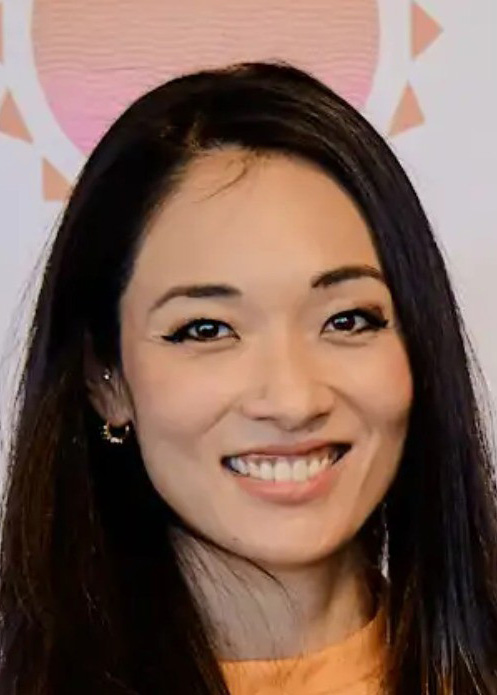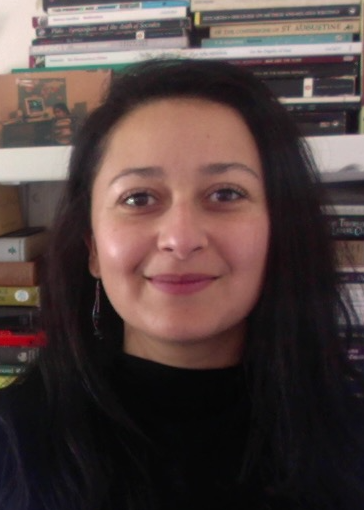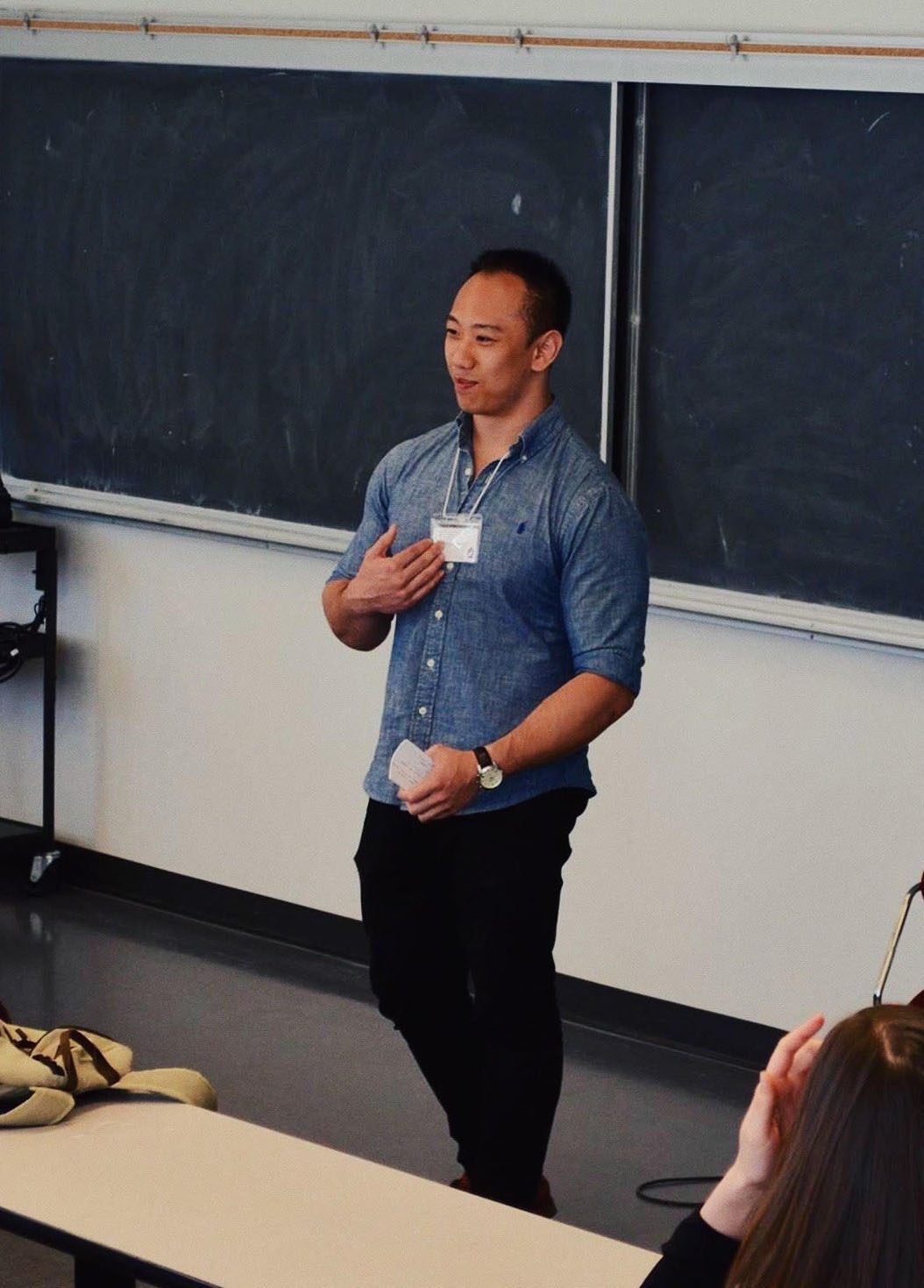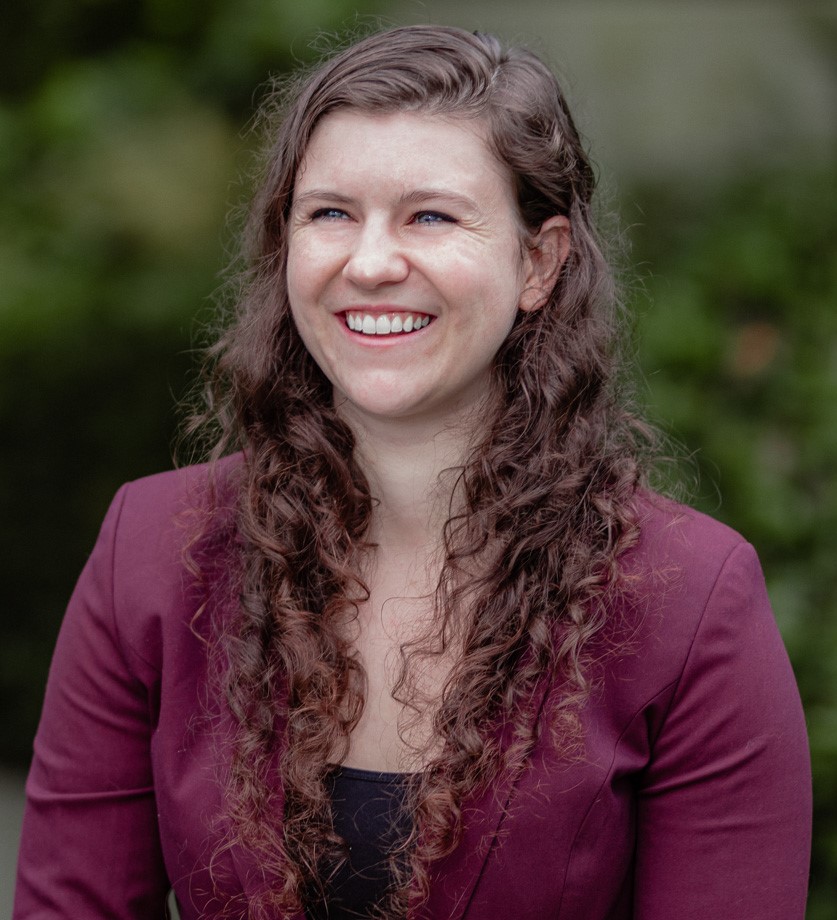Graham Heal
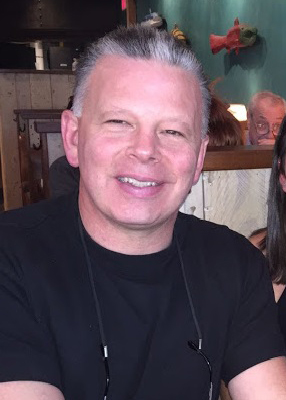
Why did you choose your program at UBC and what did you enjoy most about it?
I had been an honours geography student in high school and had always been drawn by geography’s overlay into other disciplines such as economics, politics, urban studies, geology, natural resources, etc.
What I enjoyed the most were the courses in 3rd and 4th year where the class size was small and you are engaged in active discussions with the professor and fellow students!
What choices did you make at UBC that contributed to your career success / journey?
Being on UBC athletics teams played a role in my team-building and team-play skills that are always useful in businesses and organizations, no matter the size.
Academically, the most important skill that I honed was communication, in particular writing. I had many papers and assignments in the day and that preparation, planning and execution process has been my constant “toolbox” ever since I graduated in 1983. I always say to my daughters or any undergrad that I have mentored over the years: “At the very least, you must leave university with a set of competent writing skills.” So, concentrate on your writing and stand out now! Sooner or later, your career, or its advancement may depend on it.
I recall one of the best quotes I heard in regards to writing, from my International Political Science professor: “You need not be eternal, to be immortal.” As in keep it concise and to the point!
What was your first job after graduation and what other jobs did you have before your current position?
When I graduated in 1983, the BC economy was in a shambles. Interest rates were in the 15%+ range (think of that!). There were few jobs, so I saved up Alberta Wheat Pool summer wages and decided I would travel. It was a three-year journey all over Asia and one of the most consequential decisions of my life, and certainly my career. Except for a stint in high-tech mid-career, every post I have ever held, or business I created, has had an international angle. Largely in Asia but now heavily in Africa.
My first job was in Tokyo in 1984, when I got a break and met a senior American business person whose firm had a marketing and promotion contract for Heineken Beer’s launch in Japan. Since then I’ve worked across Africa, Asia and North America in fields including advertising, software development, trade, and mining, working in both middle and executive management positions and on my own entrepreneurial ventures.
Is your current career path as you originally intended? What challenges did you face in launching your career?
Not at all. I left Canada in 1983 as a blank canvas, really looking for adventure and “come what may.” But I learned that once you’re out and travelling, you’re meeting people and seeing opportunities, so the key is getting wheels up and making it happen. I have various friends from high school and UBC that did the same, and international careers became their realities also. Not a bad post-grad plan! I often say it was my “international MBA.”
What do you like about your current job and what do you find challenging? How does it relate to your degree?
What’s exciting is working in an environment with people from such a diverse range of nations, and being able to make headway with associates and colleagues that all want common objectives – to see their respective nations develop and create opportunities for themselves, their families and their countrymen. Today, I could really benefit from being capable in French language, given my activities in West & Central Africa. So if international work is in your blood… don’t stop your language studies! If I did not have Google Translate I’d be so lost.
The great thing about my move into Africa-based gold mining and trading is that it really gives me a platform to put my geography degree to work, perhaps more so than at any time in my long career. My work requires a good understanding of basic geography, which relates to logistics and infrastructure that will either support or stymie a project. It also ties into underlying geological principles that underpin any potential mining operation, or a downstream refining facility.
Even as I am in the final stages of conducting tough work in the bush, I am truly happy to be utilizing my BA in geography more than at any time in my career.
From your experience, what has been the value of having an Arts degree?
At university, in my opinion, you have to study and focus on what you are truly interested in. No point in spending time on something you hate. It’s easy to fall prey to nay-sayers that challenge your choices as not practical nor “income-generating.” I heard the same. Don’t fall into the trap. My time at UBC and in Arts was full, varied and worked for me. And I was able to focus on the major skill I use everyday today – written composition now embodied in business plans, feasibility reports, news release copy, analysis of financial models or maybe even letters of introduction to a government minister.
I find it humorous when I am sitting around a boardroom table discussing a project and a report requiring attention. Everyone always looks at me… ”Graham, you up for the writing this… please?”
What advice would you give to students and alumni interested in breaking into your industry?
Beyond developing your writing skills and learning a foreign language, this would be my advice to any students or grads interested in mining ventures:
1) Be willing to travel and spend some time in some rather harsh environments. Make sure you have a spare battery for your phone and a WiFi hub in your pocket!
2) Most enterprises at some point require capital and funding to be raised or budgets allocated and re-charged. This often requires a great effort in communications and persuasion and ensuring the decision-maker has a reason to care.
3) Combining geological training, business management skills and outstanding communications skills makes for the “Terminator” of mining executives. Understanding local and global politics is also key if one is working in foreign nations. No sense walking into a coup!
4) Public speaking is a real challenge, and an opportunity. Those who do it well have a much greater chance of assuming roles of leadership. Seize all opportunities to build that skill. Experience builds comfort and then improvement.
5) Learn how to read and analyze financial documents. You can find many good examples by reviewing the annual reports of companies listed on any stock exchange (TSX, NYSE etc.).
What advice would you give your graduating self?
While I was an undergrad, I feel I should have gotten involved in more activities, clubs or organizations, like writing at the Ubyssey or joining the International Club. I was busy enough, but you only get to do it once, so grab it!
Seek out opportunities to discuss academic and career opportunities and pathways with experienced people, alumni, mentors, etc. Check out the “UBC Ten Thousand Coffees” service that links alumni, undergrads, grads, mentors and mentees.
Lastly, take great pride in UBC, a top 40 global university!
Graham Heal



Why did you choose your program at UBC and what did you enjoy most about it?
I had been an honours geography student in high school and had always been drawn by geography’s overlay into other disciplines such as economics, politics, urban studies, geology, natural resources, etc.
What I enjoyed the most were the courses in 3rd and 4th year where the class size was small and you are engaged in active discussions with the professor and fellow students!
What choices did you make at UBC that contributed to your career success / journey?
Being on UBC athletics teams played a role in my team-building and team-play skills that are always useful in businesses and organizations, no matter the size.
Academically, the most important skill that I honed was communication, in particular writing. I had many papers and assignments in the day and that preparation, planning and execution process has been my constant “toolbox” ever since I graduated in 1983. I always say to my daughters or any undergrad that I have mentored over the years: “At the very least, you must leave university with a set of competent writing skills.” So, concentrate on your writing and stand out now! Sooner or later, your career, or its advancement may depend on it.
I recall one of the best quotes I heard in regards to writing, from my International Political Science professor: “You need not be eternal, to be immortal.” As in keep it concise and to the point!
What was your first job after graduation and what other jobs did you have before your current position?
When I graduated in 1983, the BC economy was in a shambles. Interest rates were in the 15%+ range (think of that!). There were few jobs, so I saved up Alberta Wheat Pool summer wages and decided I would travel. It was a three-year journey all over Asia and one of the most consequential decisions of my life, and certainly my career. Except for a stint in high-tech mid-career, every post I have ever held, or business I created, has had an international angle. Largely in Asia but now heavily in Africa.
My first job was in Tokyo in 1984, when I got a break and met a senior American business person whose firm had a marketing and promotion contract for Heineken Beer’s launch in Japan. Since then I’ve worked across Africa, Asia and North America in fields including advertising, software development, trade, and mining, working in both middle and executive management positions and on my own entrepreneurial ventures.
Is your current career path as you originally intended? What challenges did you face in launching your career?
Not at all. I left Canada in 1983 as a blank canvas, really looking for adventure and “come what may.” But I learned that once you’re out and travelling, you’re meeting people and seeing opportunities, so the key is getting wheels up and making it happen. I have various friends from high school and UBC that did the same, and international careers became their realities also. Not a bad post-grad plan! I often say it was my “international MBA.”
What do you like about your current job and what do you find challenging? How does it relate to your degree?
What’s exciting is working in an environment with people from such a diverse range of nations, and being able to make headway with associates and colleagues that all want common objectives – to see their respective nations develop and create opportunities for themselves, their families and their countrymen. Today, I could really benefit from being capable in French language, given my activities in West & Central Africa. So if international work is in your blood… don’t stop your language studies! If I did not have Google Translate I’d be so lost.
The great thing about my move into Africa-based gold mining and trading is that it really gives me a platform to put my geography degree to work, perhaps more so than at any time in my long career. My work requires a good understanding of basic geography, which relates to logistics and infrastructure that will either support or stymie a project. It also ties into underlying geological principles that underpin any potential mining operation, or a downstream refining facility.
Even as I am in the final stages of conducting tough work in the bush, I am truly happy to be utilizing my BA in geography more than at any time in my career.
From your experience, what has been the value of having an Arts degree?
At university, in my opinion, you have to study and focus on what you are truly interested in. No point in spending time on something you hate. It’s easy to fall prey to nay-sayers that challenge your choices as not practical nor “income-generating.” I heard the same. Don’t fall into the trap. My time at UBC and in Arts was full, varied and worked for me. And I was able to focus on the major skill I use everyday today – written composition now embodied in business plans, feasibility reports, news release copy, analysis of financial models or maybe even letters of introduction to a government minister.
I find it humorous when I am sitting around a boardroom table discussing a project and a report requiring attention. Everyone always looks at me… ”Graham, you up for the writing this… please?”
What advice would you give to students and alumni interested in breaking into your industry?
Beyond developing your writing skills and learning a foreign language, this would be my advice to any students or grads interested in mining ventures:
1) Be willing to travel and spend some time in some rather harsh environments. Make sure you have a spare battery for your phone and a WiFi hub in your pocket!
2) Most enterprises at some point require capital and funding to be raised or budgets allocated and re-charged. This often requires a great effort in communications and persuasion and ensuring the decision-maker has a reason to care.
3) Combining geological training, business management skills and outstanding communications skills makes for the “Terminator” of mining executives. Understanding local and global politics is also key if one is working in foreign nations. No sense walking into a coup!
4) Public speaking is a real challenge, and an opportunity. Those who do it well have a much greater chance of assuming roles of leadership. Seize all opportunities to build that skill. Experience builds comfort and then improvement.
5) Learn how to read and analyze financial documents. You can find many good examples by reviewing the annual reports of companies listed on any stock exchange (TSX, NYSE etc.).
What advice would you give your graduating self?
While I was an undergrad, I feel I should have gotten involved in more activities, clubs or organizations, like writing at the Ubyssey or joining the International Club. I was busy enough, but you only get to do it once, so grab it!
Seek out opportunities to discuss academic and career opportunities and pathways with experienced people, alumni, mentors, etc. Check out the “UBC Ten Thousand Coffees” service that links alumni, undergrads, grads, mentors and mentees.
Lastly, take great pride in UBC, a top 40 global university!
